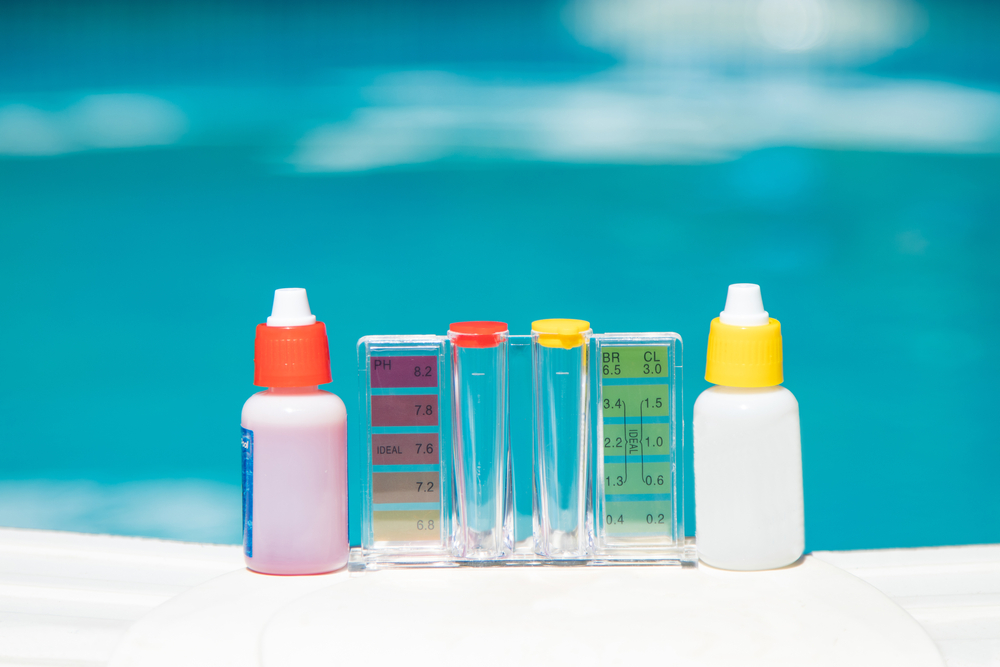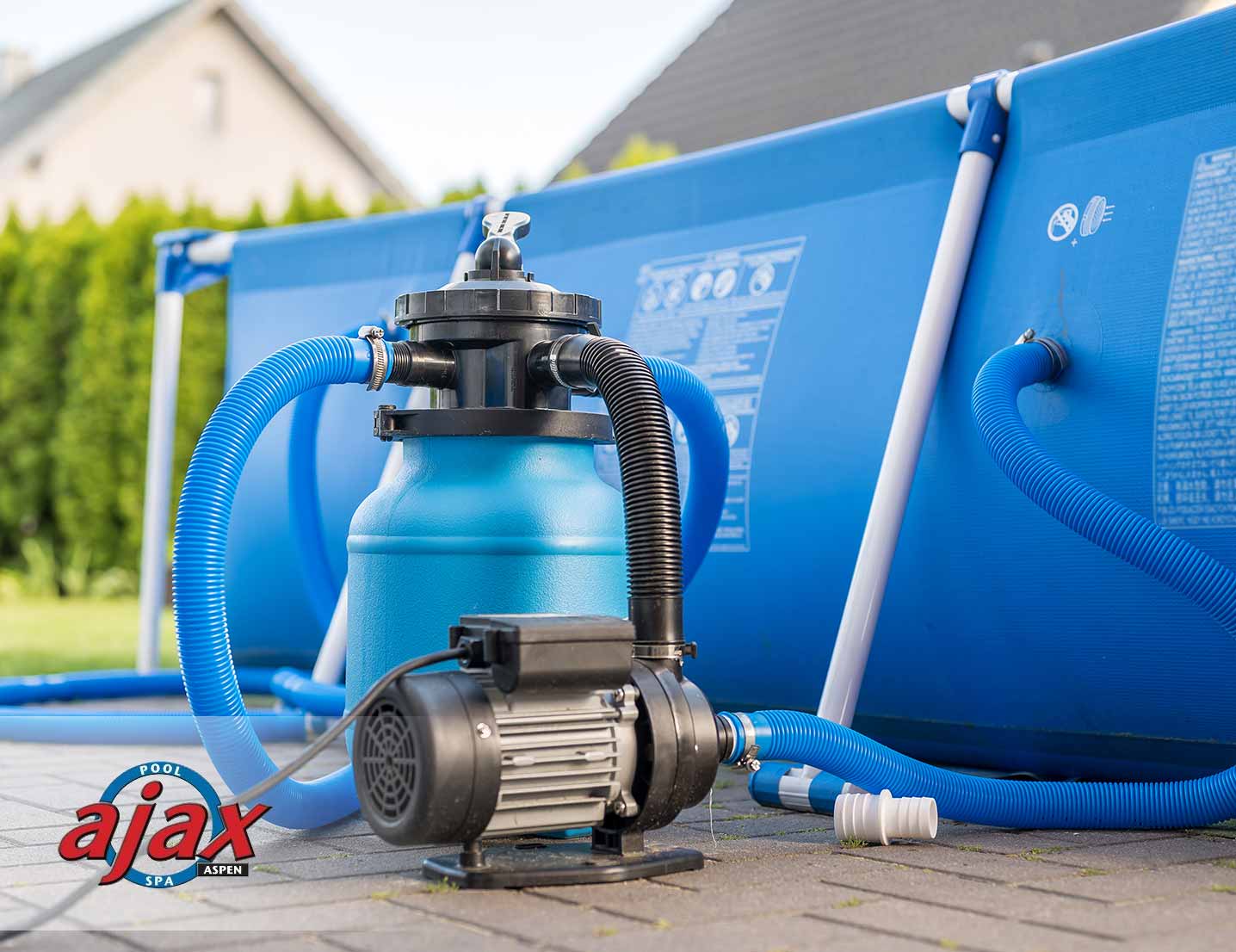Mastering Water Treatment: Secrets for Clear Pools
Maintaining a crystal-clear swimming pool is the ultimate goal for pool owners. However, achieving that sparkling perfection requires more than just regular upkeep and cleaning. Proper water treatment plays a crucial role in keeping your pool pristine and enjoyable for everyone. In this blog post, we will explore the secrets to mastering water treatment, unveiling effective techniques and proven strategies that will help you maintain a clear and inviting pool all season long.
Understanding Water Chemistry
To treat your pool water effectively, it is essential to understand the basic concepts of water chemistry. The key parameters that must be maintained within specific ranges are pH, alkalinity, calcium hardness, and sanitizer levels.
1. pH Balance
Maintaining the ideal pH level in your pool water – between 7.4 and 7.6 – is crucial for water clarity and swimmer comfort. High pH levels promote scale formation and cloudy water and can reduce the effectiveness of sanitizers. Conversely, low pH leads to corrosion and skin irritation and can damage pool equipment. Regular testing and adjustment of pH levels are necessary to maintain optimal conditions for your pool.
2. Alkalinity
Alkalinity acts as a pH buffer, helping to stabilize your pool water and prevent rapid pH fluctuations. Ideally, your pool’s total alkalinity should fall between 80 and 120 parts per million (ppm). Low alkalinity can lead to pH swings, while high alkalinity can cause cloudiness, scaling, and reduced sanitizer effectiveness. Regular testing and adjustment of alkalinity levels are critical in maintaining water clarity.
3. Calcium Hardness
Calcium hardness refers to the amount of dissolved calcium in your pool water. It is crucial in preventing plaster etching, corrosion, and scaling on pool surfaces. The recommended range for calcium hardness is between 200 and 400 ppm. Low levels can lead to erosion of pool surfaces, while high levels can cause scaling and cloudy water. Monitoring calcium hardness and making necessary adjustments is vital for effective water treatment.
4. Sanitizer Levels
Sanitizers, such as chlorine or bromine, are essential for killing bacteria, viruses, and other microorganisms in your pool water. The recommended chlorine level is typically between 1 and 3 ppm, while bromine should be maintained between 3 and 5 ppm. Regular testing and adjustment of sanitizer levels ensure that your pool water remains safe and clear for swimmers.
Proper Filtration and Circulation
Water treatment goes hand in hand with effective filtration and circulation systems. A well-designed filtration system combined with proper circulation helps remove debris, particles, and contaminants from the water, contributing to its clarity.
1. Filtration System
Investing in a high-quality filtration system is crucial for maintaining a clear pool. The three common types of pool filters are sand filters, cartridge filters, and diatomaceous earth (D.E.) filters. Each filter type has its advantages and maintenance requirements. Regular cleaning and backwashing of sand and D.E. filters, or cartridge replacements, are essential to ensure optimal filtration efficiency.
2. Circulation
Proper circulation helps distribute chemicals evenly, prevents stagnant areas, and aids in removing debris. Ensure your pool’s circulation system, including pumps and skimmers, is in good working condition. A well-designed pool layout with strategically placed return jets can improve water circulation, contributing to clear and balanced water.
Routine and Preventive Maintenance
Implementing a routine maintenance schedule is vital in keeping your pool water clear throughout the season. Here are some essential maintenance tasks that should be performed regularly:
1. Skimming and Cleaning
Regularly skimming the pool surface to remove leaves, debris, and insects is essential in preventing them from sinking to the bottom, leading to water cloudiness. It is also important to routinely clean and brush the pool walls, steps, and floor to prevent the buildup of algae and other organic matter.
2. Vacuuming
Using a pool vacuum or an automatic cleaning system will help remove dirt, debris, and sediment from the bottom of your pool. Regular vacuuming prevents these particles from settling and clouding the water.
3. Shock Treatment
Periodically shocking your pool with a higher dose of chlorine or non-chlorine shock oxidizer helps eliminate bacteria, algae, and other organic contaminants. This treatment ensures clean and safe water by oxidizing impurities that can lead to water cloudiness.
4. Regular Water Testing
Consistently testing and adjusting your pool water chemistry is crucial for maintaining clear and balanced water. Use a reliable test kit or take a water sample to a professional pool store for accurate analysis. Regular testing allows you to make necessary adjustments to pH, alkalinity, sanitizer levels, and other chemical balances.
Contact Us Today
While you may have gained valuable insights into mastering water treatment, some pool owners prefer to leave the intricacies of water chemistry and maintenance to professionals. A professional pool service provider, such as Ajax Pool & Spa, can assist you in ensuring that your pool water is treated and maintained to the highest standards.
With years of experience and expertise, Ajax Pool & Spa offers a range of services, including water testing, chemical treatment, filter cleaning, and regular maintenance. Our team of professionals understands the delicate balance required to achieve and maintain clear, safe, and inviting pool conditions. By entrusting your pool’s water treatment to Ajax Pool & Spa, you can enjoy worry-free swimming and relish a well-maintained oasis right in your backyard.
Mastering water treatment is the key to maintaining a clear and inviting swimming pool. You can enjoy crystal-clear water throughout the pool season by understanding the basics of water chemistry, ensuring proper filtration and circulation, and practicing routine and preventive maintenance. If you prefer professional assistance, Ajax Pool & Spa is your go-to partner for all your pool water treatment needs. Contact us today and take the first step towards creating a beautiful, clear oasis in your backyard.


